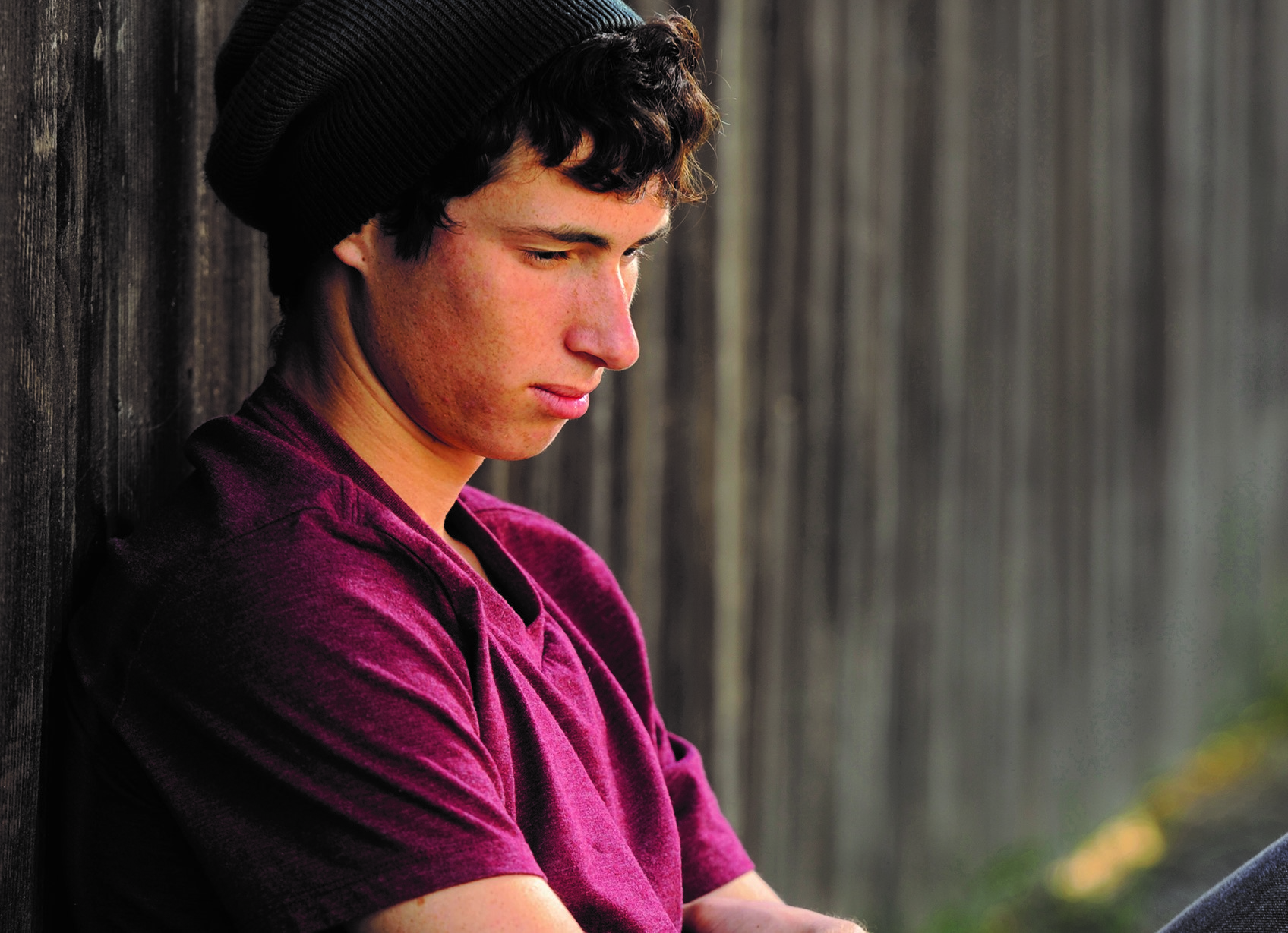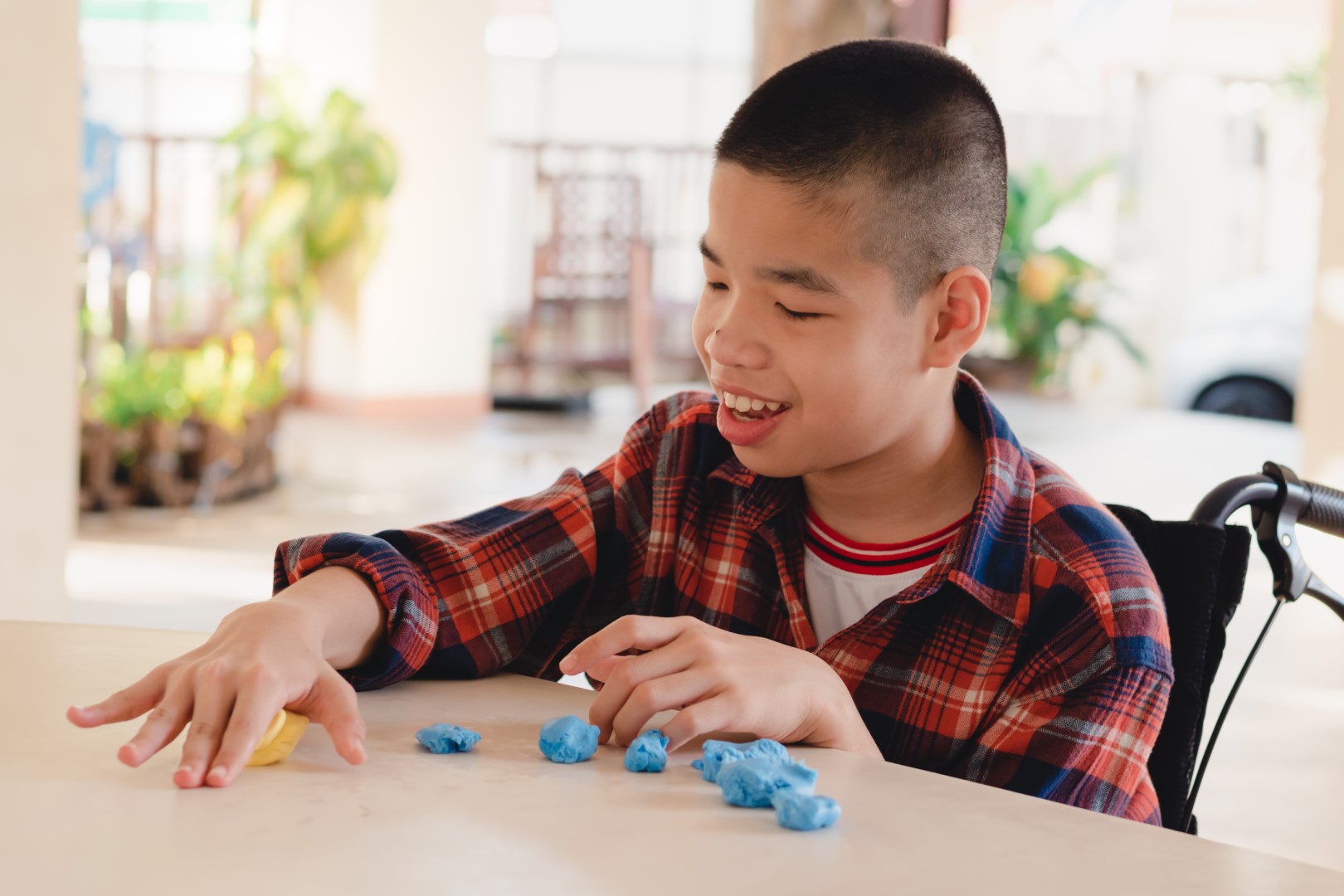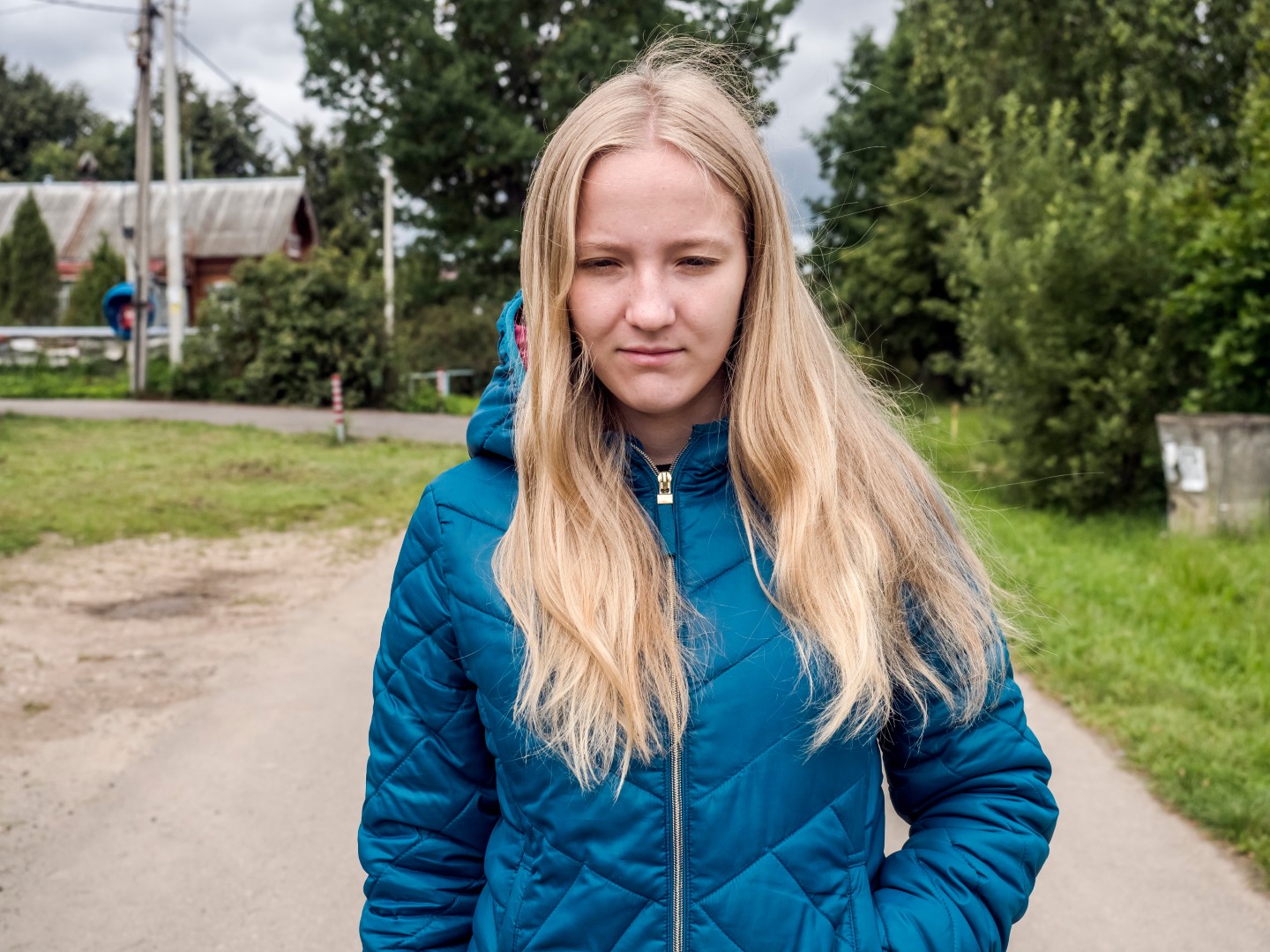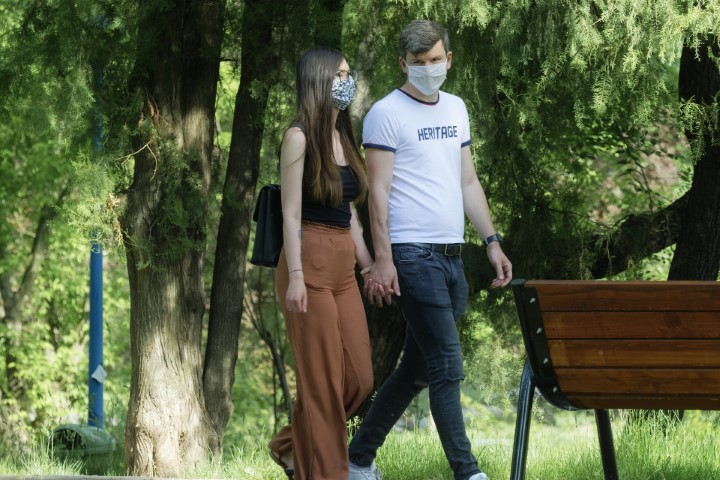Covid and mental health
January 28 2021

Emerging research findings from the first lockdown and the trends since, including during the current lockdown, show a mixed picture of mental health in the UK and some worrying trends that indicate many children and young people are feeling depressed, anxious and lacking in hope for the future.
Evidence shows that frontline workers, women, children and adolescents, those with pre-existing mental health conditions and older people in isolation have been most affected.
There was a general rise in anxiety and low mood during the first lockdown in 2020, but this must also be seen in context: both adults and children were responding normally to a very challenging and abnormal situation.
There is concern that continued restrictions, a worsening economic situation and the current national lockdown are combining to have a worsening impact on mental health.
Adaptability
Research suggests that the highest levels of depression and anxiety were experienced in the early stages of the lockdown in March but declined fairly rapidly as individuals adapted to circumstances. For most, mental wellbeing improved as restrictions were lifted. The milder reaction to the second wave of restrictions in Autumn 2020 shows that most of us can adapt to the environment in which we find ourselves.

Co-Space study from University of Oxford
The Co-Space study, led by Dr Polly Waite and Prof. Cathy Creswell from the University of Oxford, has garnered the views of more than 12,000 parents on how their families are coping during COVID-19.
This has proved a fascinating barometer of how children and parents have fared. It offers some reassurance that once children returned to school, they felt better: structure, connection with their peers and a return to the familiar mean that, in general, things have improved for families. However, the most recent Co-Space report found that parents were becoming more stressed in November and December 2020 and therefore the current closure of schools is likely to impact very negatively.


Importance of school
As studies suggest, for children, continuing to be able to go to school could make all the difference. Therefore a further period of school closure with no firm end date in sight is of serious concern.
A more recent report from the Princes Trust raises significant concerns about the cumulative impact of the pandemic and points to disrupted education, a shrinking jobs market and isolation from friends and family leading to a feeling of hopelessness for the future for many young people. Unemployed young people have had an even more negative experience.
Vulnerable children
All the recent research findings point to the fact that we need to be especially concerned about children and young people who are disproportionately affected by the pandemic. This includes children and young people who were experiencing problems with their mental health before lockdown, as many of them have fared worse; NHS treatment services were severely disrupted in the first lockdown and it is taking time to build this back.
The current closure of schools may make it more difficult for teachers and support staff to identify and refer the most unwell children and young people.
Children in families experiencing financial hardship and job loss/unemployment, isolation and addiction or domestic violence are vulnerable as these have all emerged as key mental health factors. Those in low-income families are particularly at risk and we have yet to see the full economic impact of the pandemic.


Targeted support
Now more than ever it is crucial that the mental health sector responds. We need to send a message of positive mental health and wellbeing for the majority who are weathering the storm but must recognise that children and young people who are more vulnerable to their environment should receive targeted support.
Their parents need accessible advice and guidance, and teachers, support staff and other professionals can play a major role in creating a culture of openness to talking about mental health; respond in a compassionate and informed way; and be able to support and refer on children who continue to struggle.

mother with arm around daughter relaxed on sofa

young couple walking in park wearing face masks
A positive future
At the Charlie Waller Trust we have always taken a positive and optimistic stance, making sure that children and those around them are equipped to deal with mental health problems and are aware of the factors that make this more difficult. Despite the increasingly bleak signs of worsening mental health amongst children and young people I feel it is essential that we try to maintain hope and optimism for the future. Working together, we can all make a positive impact on the lives of children, young people and families during these uncertain times.
Related
Popular
Upcoming event

Join us for the Bath Half Marathon to support young people and their mental health!

The Charlie Waller Trust
The Charlie Waller Trust is a registered charity in England and Wales 1109984. A company limited by guarantee. Registered company in England and Wales 5447902. Registered address: The Charlie Waller Trust, First Floor, 23 Kingfisher Court, Newbury, Berkshire, RG14 5SJ.
Copyright © 2025 The Charlie Waller Trust. All rights reserved.






